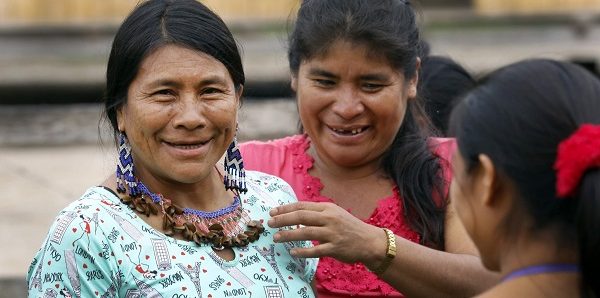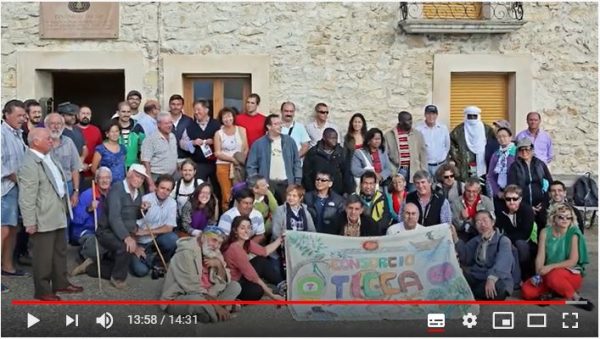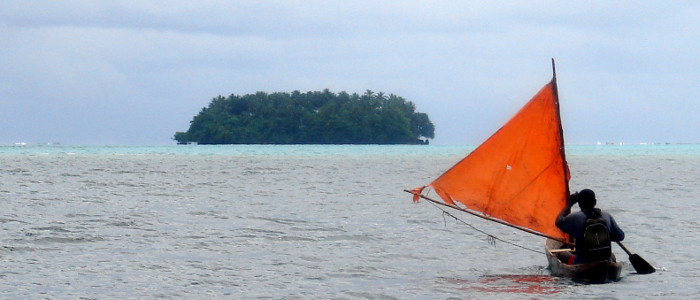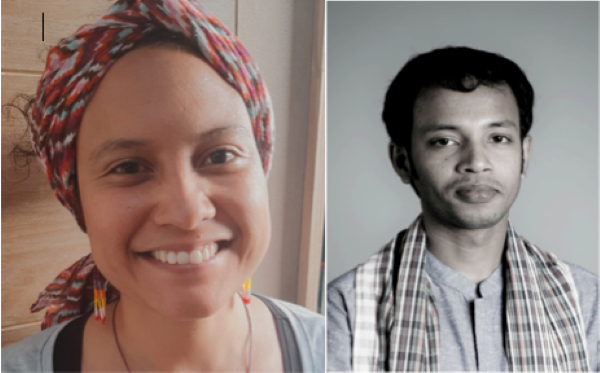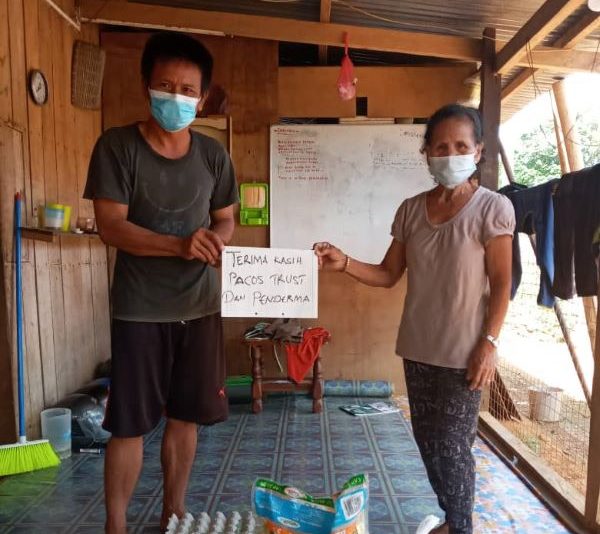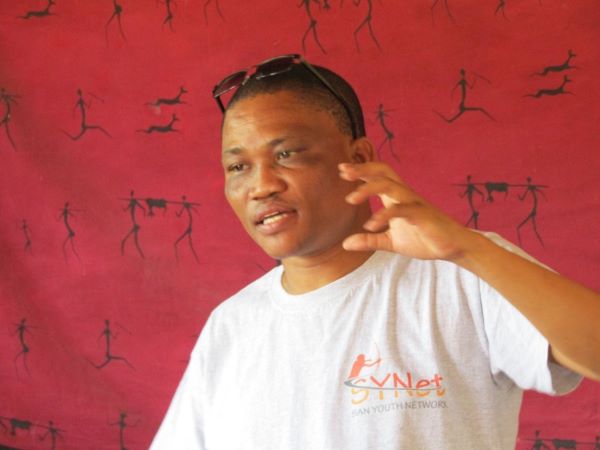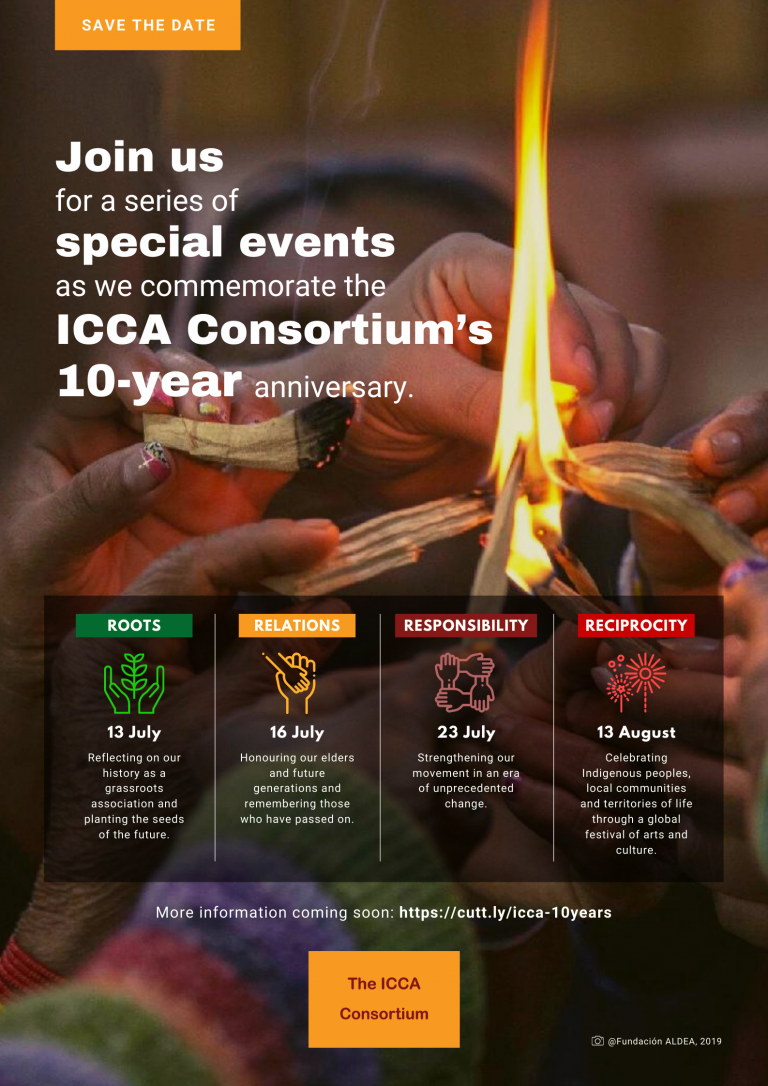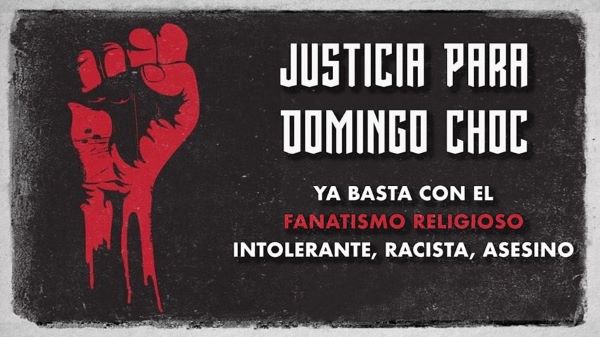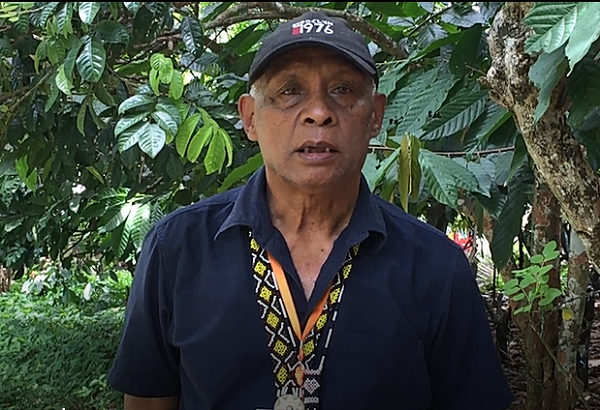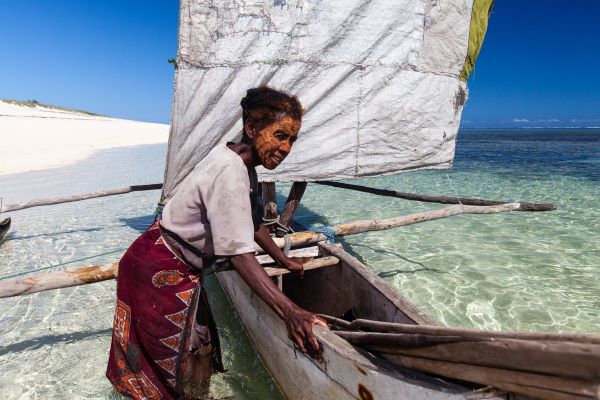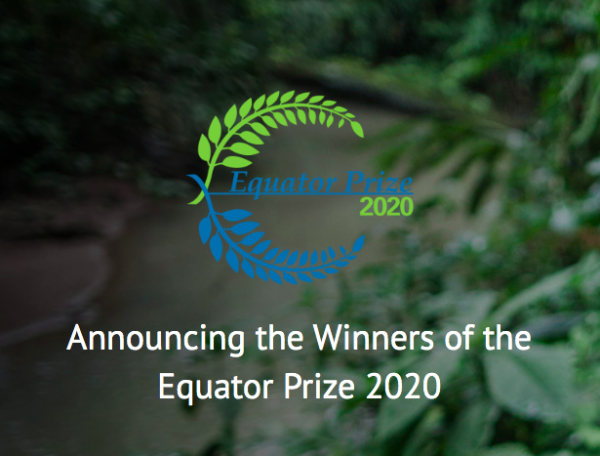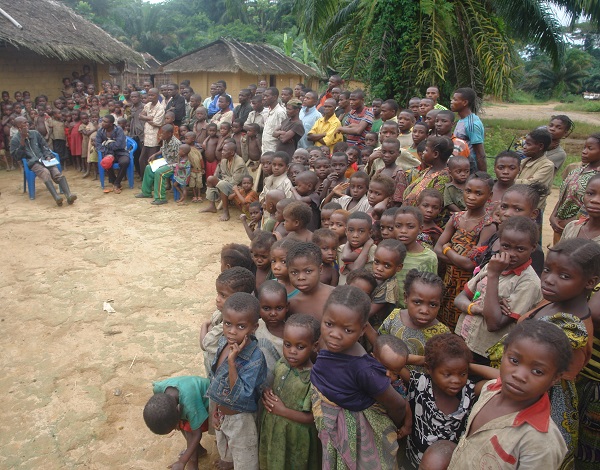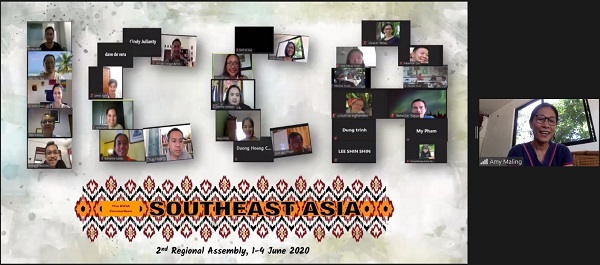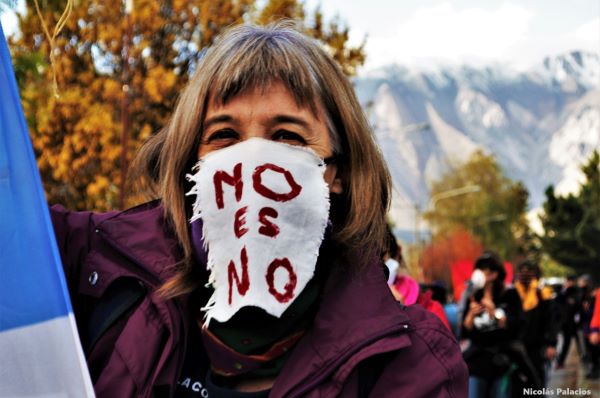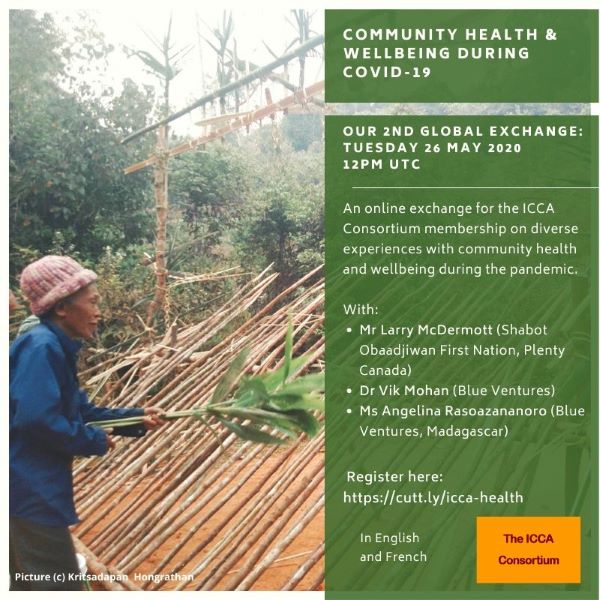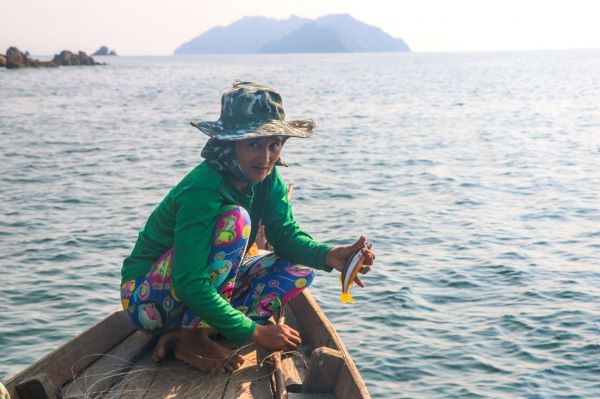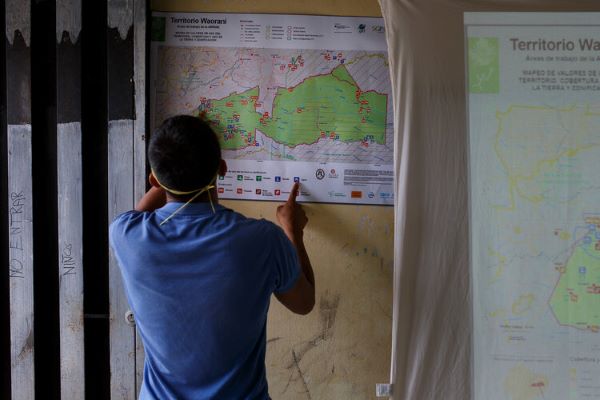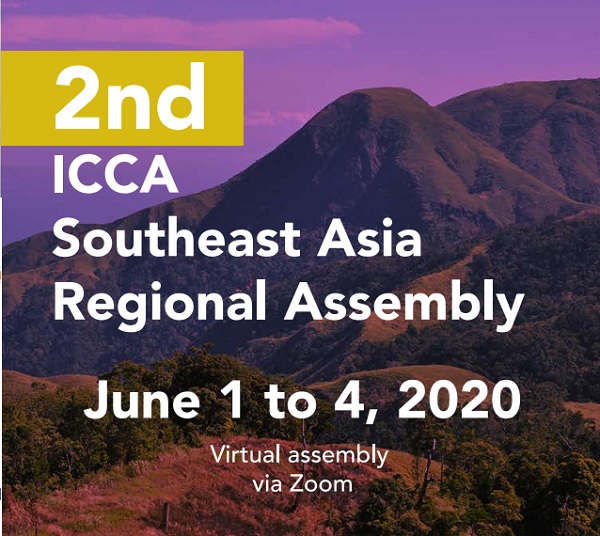On 5 February 2014, thousands of people in the Kamoethway Area gathered on the bank of the Kamoethway River to conduct the opening ceremony for the establishment of the “Htan Ta Bin” Fish Conservation Area. The conservation area is located in Kamoethway Area, LerDoh So Township, Dawei District in Karen State.
The local elders once protected this area. However, the unstable political situation of recent decades made it difficult to effectively manage conservation. In 2004, an unusual land slide in the upstream area of the Kamothwey River destroyed several habitats for fish andother aquatic life.
Currently, the Htan Ta Bin Fish Conservation Area is the only area of the Kamoethway River that is still healthy.Today, as the situation has improved somewhat because of the ceasefire,local people have decided to more effectively protect this area again.
